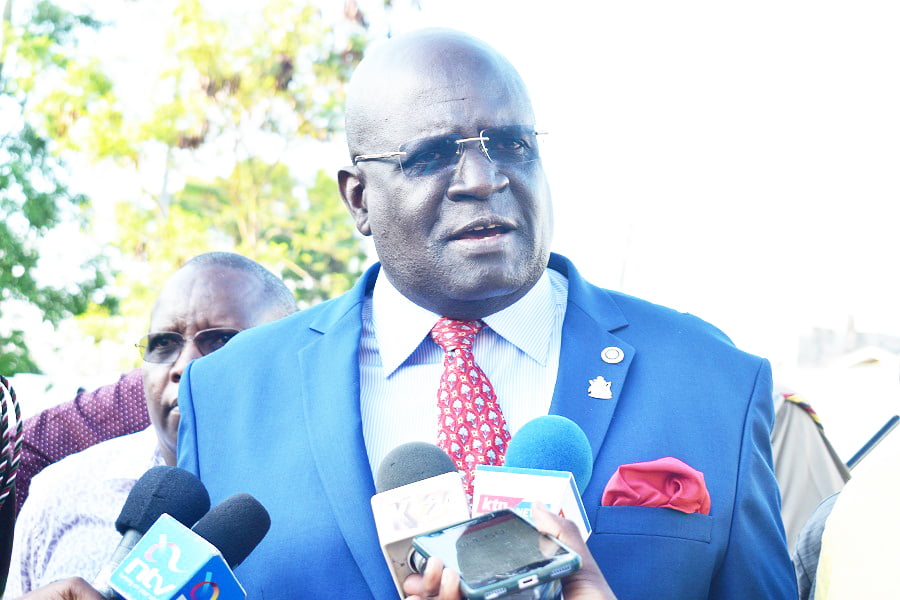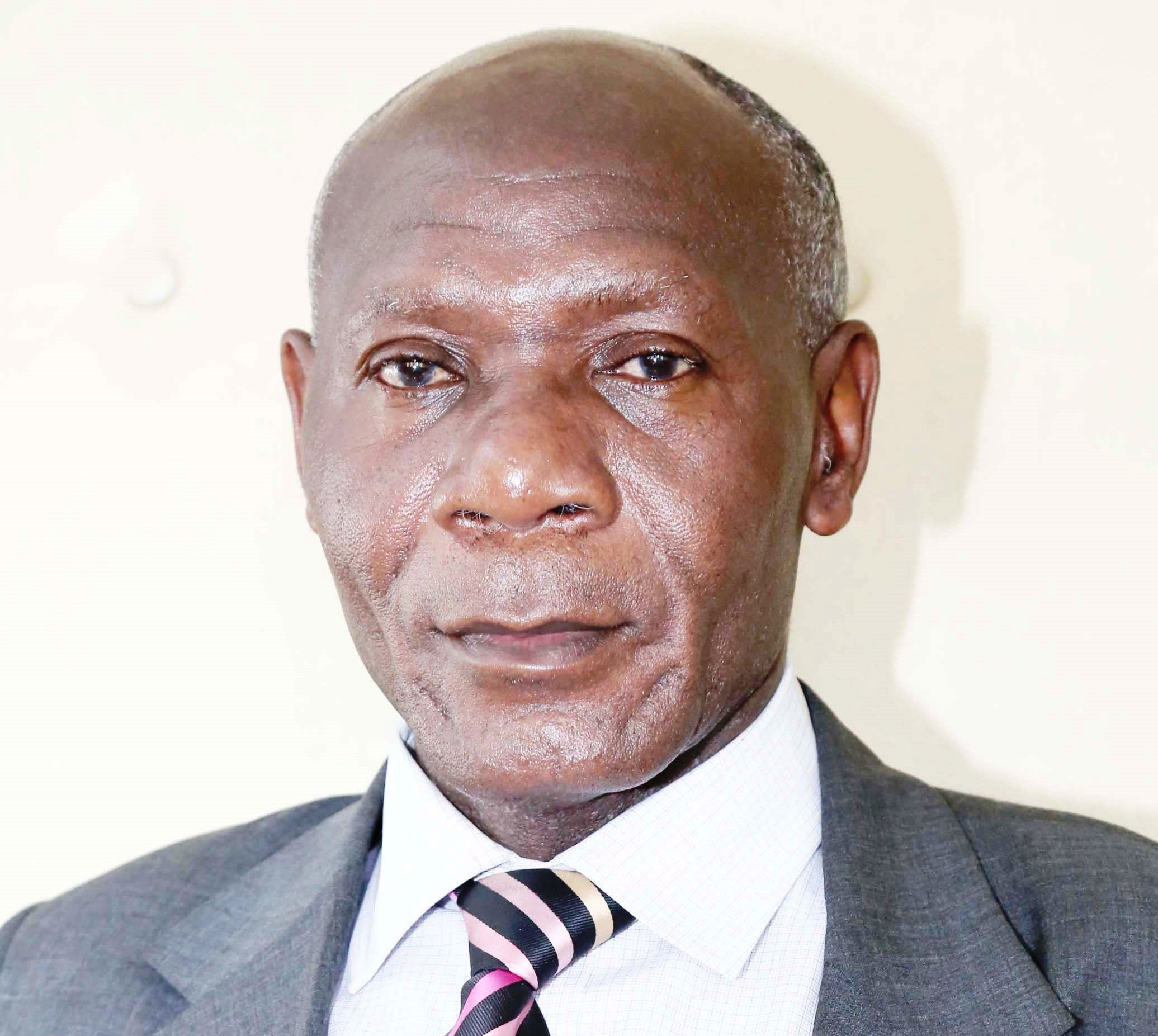By Roy Hezron
Education Cabinet Secretary will now have powers to appoint Vice Chancellors, Deputy Vice-Chancellors and Principals and Deputy Principals of Constituent Colleges of Public Universities after a competitive recruitment by a selection panel if the proposed bill is passed into law.
In a presentation on Overview of the Universities (Amendment) Bill, 2021to the National Assembly Committee on Education and Research in a meeting held in Mombasa late October this year, Education CS Prof. George Magoha and Principal Secretary in the State Department for University Education and Research Amb. Simon Nabukwesi maintained that the new proposed changes were meant to ensure inclusivity, transparency and accountability during the appointment process.
“The proposal to have Vice Chancellors, Deputy Vice Chancellors, Principals and Deputy Principals of Constituent Colleges appointed through a selection panel is intended to ensure inclusivity in appointments, transparency and accountability,” reads the presentation in part.
The proposed amendments which are contained in a Bill whose main objective is to amend the Universities Act, 2012 in the provisions relating to the appointment of the members of University Councils, VCs, DVCs, Principals and Deputy Principals of Constituent Colleges of Public Universities and governance of universities; is intended to harmonize the provisions on appointment of the Varsity bosses through a Selection Panel to ensure transparency and accountability.
New Norm
The move will now put to rest the present chaos that stains appointment of VCs, DVCs, Principals and Deputy Principals of Constituent Colleges under the amended law that transferred the functions to the Public Service Commission (PSC) through the Status Law (Miscellaneous Amendment) Act of 2018, which has for a while has been under criticism in particular by Public Universities VCs.
Under the proposed law [the Universities (Amendment) Bill, 2021] the Cabinet Secretary in charge of Education will constitute a selection panel, where the PSC will only have one representative; a move that has been supported by both the VCs and the Education CS Prof. Magoha.
“Where a vacancy occurs in the Office of the Vice-Chancellor or the Deputy Vice-Chancellor of a public university or Principal or deputy Principal of a Constituent College, the Cabinet Secretary shall constitute a selection panel to conduct the recruitment,” reads a section of the Bill.
According to the Bill, the Selection Panel will be chaired by a Scholar with at least 10 years’ experience in leadership and management of public or private institutions, a representative of the Council and the PS of the Ministry for the time being responsible for University Education.
Other members of the Selection Panel shall include two representatives nominated by the respective University Senate, one person to represent the body currently recognized as representing the interests of the private sector; and two persons with a background in human resource and public finance management respectively.
However, the VCs have differed with the Ministry in terms of composition of the Selection Panel arguing that the selection panel should comprise the chairperson of the Council and two independent Council members.
They want the panel to have two PSs in charge of University Education and National Treasury and two representatives nominated by the Senate.
Nonetheless, they want the Cabinet Secretary in charge of Education to have the final say in the appointment of VCs.
“The names of the top three candidates to be forwarded to Cabinet Secretary with full minutes for the appointment of Vice-Chancellor or Principal,” the VCs proposed.
If the bill will be enacted into law, all the appointments to the selection panel will be by a notice in the Gazette, and the panel will regulate its own procedure.
“The Cabinet Secretary shall within fourteen days of receipt of the names appoint a candidate from any of the three qualified applicants,” adds the bill.
Currently, the PSC calls for applications, shortlists candidates and interviews them before forwarding names of successful candidates to university councils.
This has created a misunderstanding between universities and the Office of the Cabinet Secretary of Education, as councils and ministry officials occasionally cite sections of the Act that serve their convenience.






